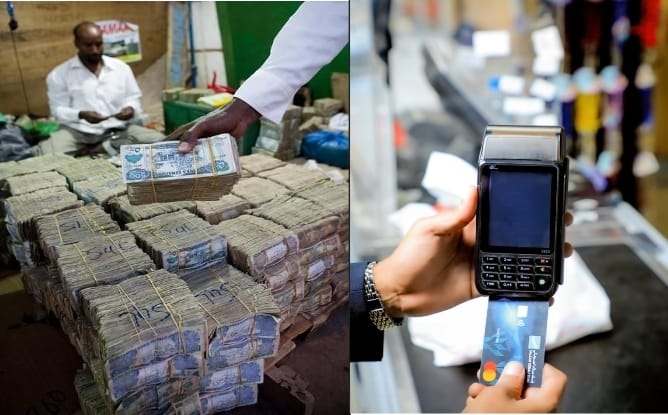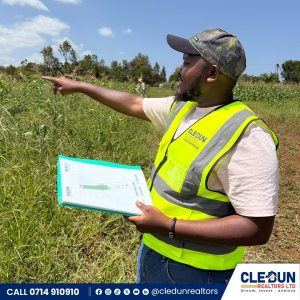After decades of state collapse, Somalia’s financial system is now at a turning point. Even as formal banking remains relatively new, many citizens continue to rely on remittances and informal money transfer systems that, while vital, face significant challenges. Factors such as limited regulation, exposure to financial crime risks, and costly barriers to international transactions have long constrained the sector’s growth.
In recent years, the Federal Government of Somalia, with international partners, has made meaningful progress in establishing a modern financial regulatory framework. New legislation has established the framework for anti–money laundering efforts and measures to combat the financing of illicit activities, while also encouraging modernization across the industry. For financial institutions in the country, these reforms present both challenges and opportunities: stricter compliance requirements demand investment in systems and processes, yet they also offer the chance to strengthen trust, expand services, and integrate more fully with the global financial community.
The private sector has a crucial role to play in this transition. Financial institutions have to balance innovation with compliance, ensuring that services are accessible and inclusive while safeguarding against misuse of the same. As Somalia’s economy recovers and grows, the ability of its banks to adapt to this dual responsibility will help determine the pace and sustainability of the nation’s revival.
Salaam Somali Bank: Expanding Access and Building Resilience
Within this context, Salaam Somali Bank (SSB) is proud to be one of Somalia’s leading financial institutions. Its core mission goes beyond delivering shareholder value— aiming to contribute directly to national prosperity and regional integration. Part of the bank’s mandate includes offering high-quality services, mobilizing domestic capital, and supporting business and infrastructure development.
A central part of the vision is expanding access to Islamic banking for communities historically underserved by formal institutions. For decades, many Somali nationals have relied on informal systems that provided basic functionality but limited growth opportunities. SSB offers compliant, efficient, and competitive alternatives designed to empower these communities.
A prime example is our collaboration with the World Bank on the $360 million DRIVE programme, which delivers satellite-enabled drought insurance, a savings capability, and mobile financing to Somalia’s pastoralist communities—around 60% of whom are women. By combining digital accounts with insurance payouts, this initiative not only provides protection during increasing climate shocks but also builds longer-term resilience and opportunity.
In parallel, SSB has remained committed to improving compliance and ensuring ongoing modernization. Since its establishment in 2009, SSB has evolved alongside Somalia’s emerging and now maturing regulatory frameworks, aligning ourselves with both national legislation and international standards. By strengthening internal systems, improving controls, and working closely with regulators and peers, the bank has enhanced the integrity of its operations and contributed to a stronger financial sector for the country as a whole indicating that trust and transparency are key factors in growth.
Building Trust and Shaping a Brighter Financial Future
Looking ahead, the task before Somalia’s financial sector is not only to modernize systems but to rebuild trust—trust between institutions and customers, between Somalia and international partners, and between the private sector and government. Salaam Somali Bank is committed to being a leader in this process.







More Stories
Safaricom Director Honored with Global Social Innovation Award
New LPG Fuel Stations Hit Nairobi as Proto Energy and OLA Energy Partner
Youth in Four Counties Receive103.9M NYOTA Start-Up Boost